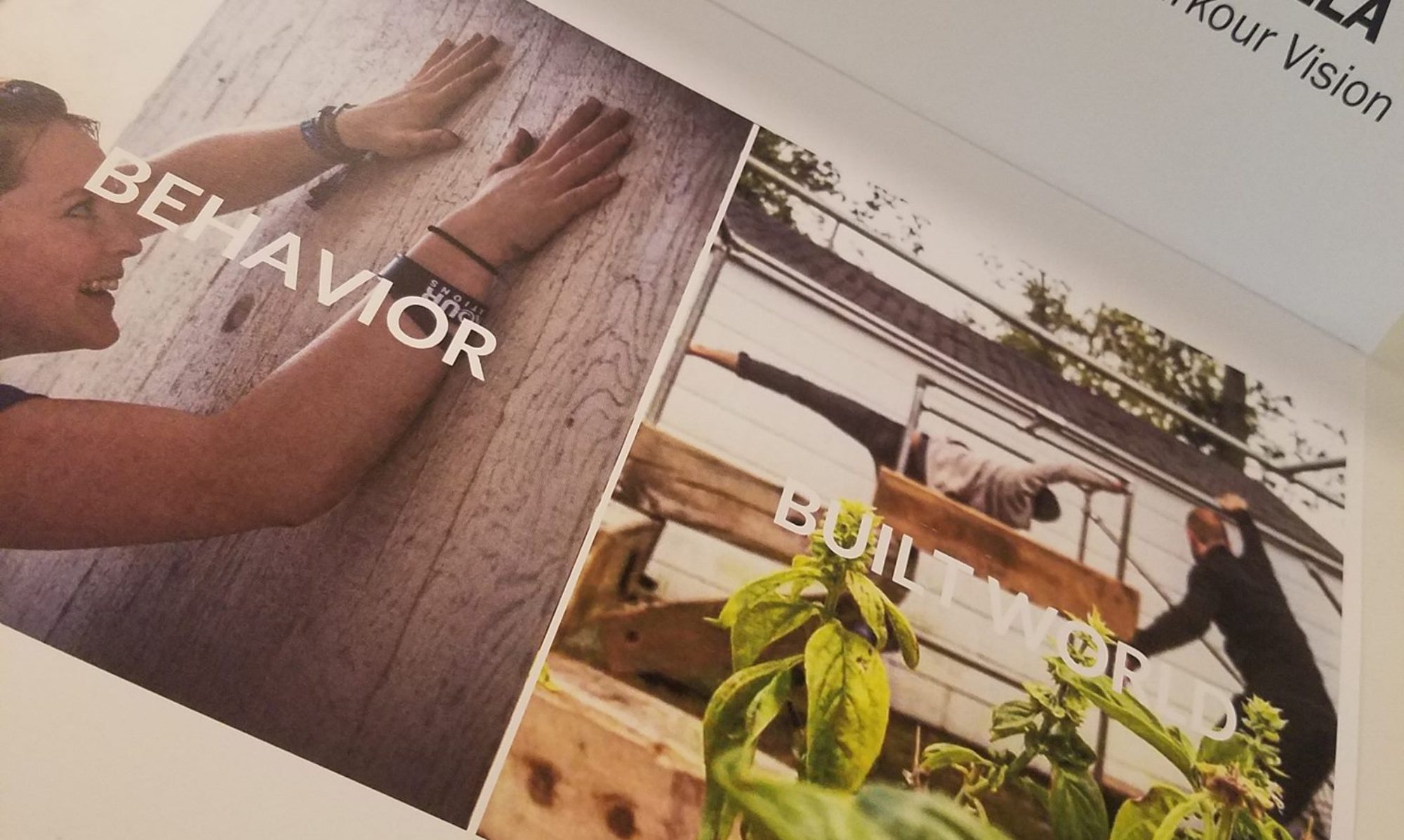“Character cannot be developed in ease and quiet. Only through experience of trial and suffering can the soul be strengthened, ambition inspired, and success achieved.” – Helen Keller
Your Golden Growth Ratio
A reflection I engage with once a year goes as follows: Where do I consider myself an expert? A beginner? What is the ratio of daily time spent in each of these different states?
If you spend too little time in a state of challenge and new learning, you will quickly grow bored, discontent. If you spend too much, you’ll likely meltdown, lose confidence, and burn out. Everyone’s sweet spot–the percent of time you spend either learning entirely new things or facing new challenges with old skills with maximum, optimal learning and retention–differs.
It is a delicate balance that we need to develop for ourselves that also must take into consideration all the various facets that affect our emotional, mental, social health. While we need to be doing things we are bad at / beginners, we also need to do enough to maintain our self-esteem, confidence, and existing expertise.

The Yerkes-Dodson Law relates Performance to Pressure, taking in to consideration the impact on our mental health when we take on more difficult tasks and new learning.
Figuring Out Your Ratio
Personally, when looking back on times where i felt most challenged and fulfilled, I found that I was in these unstable spaces / beginner spaces at least 60% of my time. Launching new projects or companies, writing books on new topics, researching and reading in new genres, engaging in a movement practice that has me moving in weird, unusual patterns and alignments.

A good place to start is just looking at your average day. How are you splitting your time? Break it down. Of the time you spend each day working and doing (from your job to your hobbies and extracurriculars), categorize: Challenge Engagement Time being any time where you are in beginner state, new learning or new application, and Expertise Application Time being time where you are executing tasks you know how to do with the skills you already have.
From there begin to tinker with it.
Recognize that this is an active process. You have to actively seek out new things to learn, new challenges to test yourself and your skills against.
Tracking Your Learning
I keep a small list on my phone that has three buckets:
| To Learn | Learning | Expanding |
| One Hand Handstand Guitar Intermediate Car Maintencen Basic electronic wiring | Press Handstands CSS/html Non-profit investment strategies | Handstands Watercoloring SEO Strategy Late roman history and leadership |
This is just a small sample of my current list, which is quite lengthy.
- To Learn are things that are ‘on deck’ per se–when you have more time, energy, or interest, these are skills and knowledge sets you want to acquire but aren’t giving any time to. It’s a dumping ground of ideas.
- Learning is a list I try to limit to a maximum of 10 things at any one time which I try to give a little time each week/day to. Sometimes they’re short sprints (IE: I am reading several books on Non-profit investment strategies and have a consultation with my accountant coming up, after which it will move over to the expanding column) and sometimes they’re long hauls (Ie: CSS/html is a 6-month project to become more self sufficient).
- Expanding collects all the things that I feel good enough in but want to build depth and greater expertise in
Of course, some things disappear from all these lists once I feel like I’ve accrued enough knowledge, or if I’ve hit a point where it would be better to consult an actual expert. The whole point is that I bring some level of conscious attention and active cultivation of this growth golden ratio.
Be & Do Better
While I don’t condone unnecessary suffering, I do subscribe to a mentality focused on embracing challenge, stress, and discomfort, and ever stepping into the unknown. Yes, it is often unpleasant and difficult to engage with problems that seem outside of our immediate ability, but also the place of greatest emboddied potential for rapid growth.
It is also easy to fall into a comfortable rhythm, to want to become so good at something until it is second nature. And while there is value in expertise, there is also a very common danger and outcome of slipping into complacency and boredom. Things that used to be challenges can quickly transform into tasks and tedium, and growth slows to a snails pace.
And it’s hard to break out of because let’s be real–it feels good to be good at something.
But it feels better to grow?
